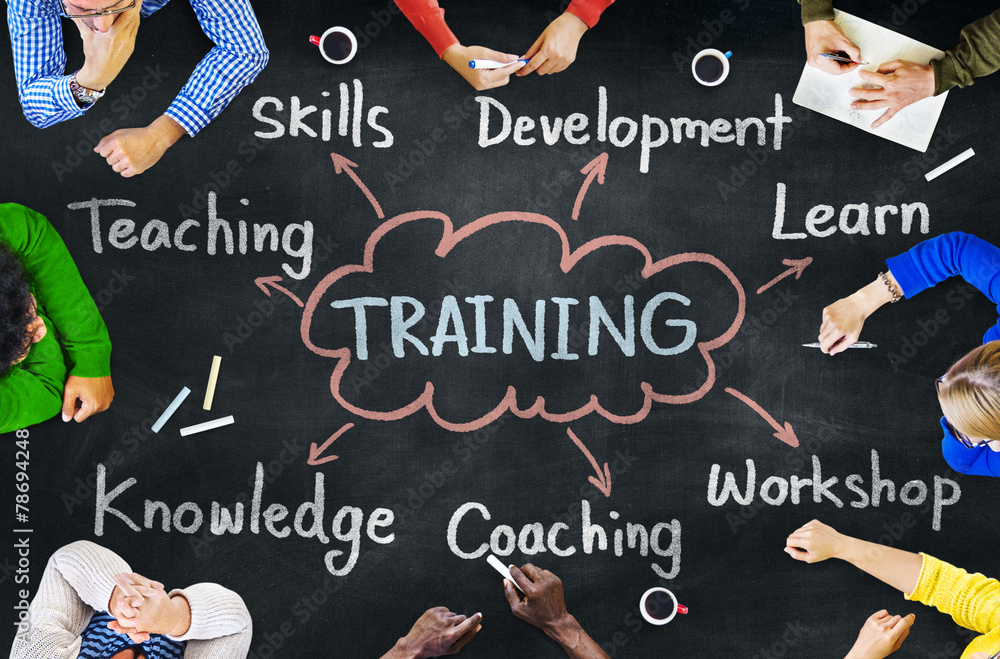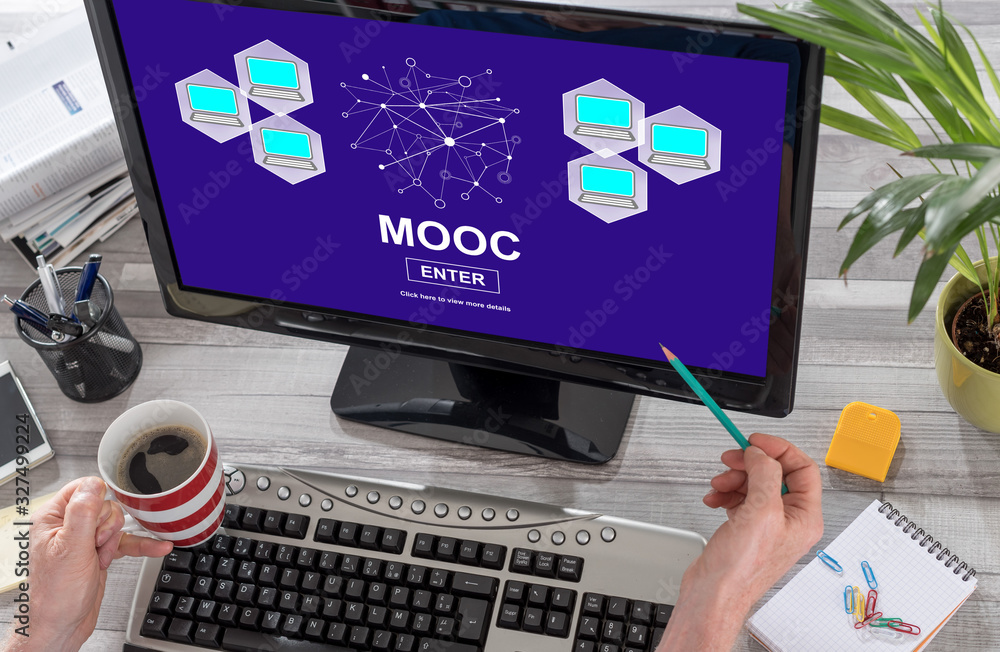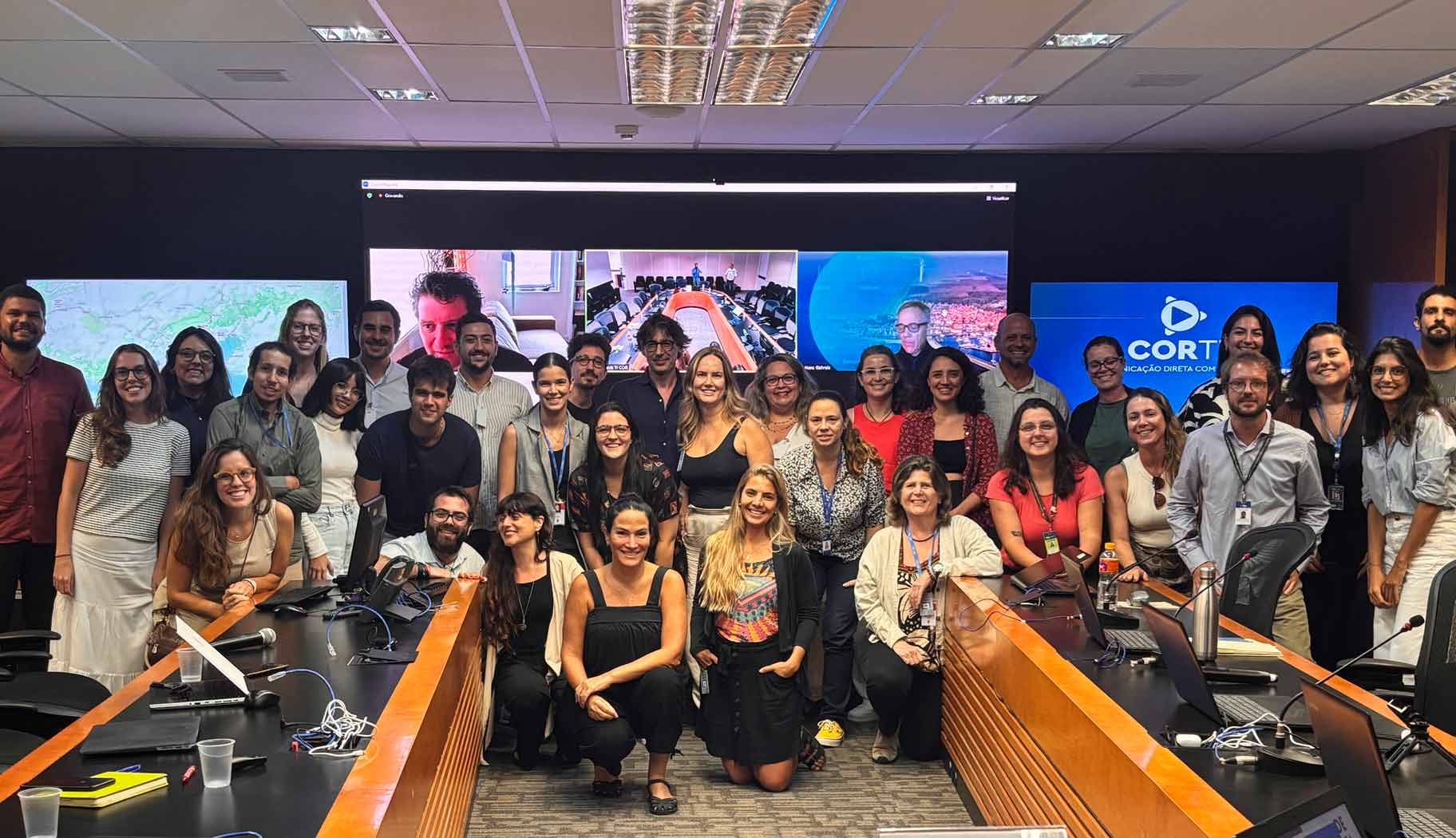UCCRN_edu Project Results will provide a concrete contribution to the needed paradigm-shift for the transformation of cities through harmonized knowledge, methods and tools to enable holistic governance and planning, strategies to bridge local urban priorities with high level international objectives.

Result Type: Services/structures – E-learning platform
R1. UCCRN_edu Virtual Learning Environment (E-learning platform)
UCCRN_edu Virtual Learning Environment (VLE) and collaborative platform is the main tool to allow the effective implementation of UCCRN_edu activities, since it will be the main repository of project results and communication channel among all the involved students, teachers and staff. The primary aim is to give students easy and digital access to their teaching/learning materials (UCCRN_edu MOOC, literature links and open access references, schedules, tasks and assignments). Tools for live online course lectures streaming (and recording) with possibility of remote interaction by students will be also integrated, so to optimize the blended mobility opportunities within UCCRN_edu courses.

Result Type: Learning/teaching/training material – Educational game
R2. Climate-Resilient Urban Planning, Design and Governance Guidance – Synthesis report for dissemination
This scientific publication will represent one of the major contributions of UCCRN_edu to the activities of UCCRN global. It will be part of the ARC3-3 publication which will be published by Cambridge University Press between 2022 and 2023 (within the new “Cambridge Elements” series). The drafting, reviewing and publication process will involve several external contributors, linked to UCCRN and UCCRN_edu, including representatives of local authorities and communities engaged during the Intensive Study Programmes, Multiplier Events and other project activities.
R3. Climate-Resilient City Board/Card game
Adopting gamification methods within collaborative practices for knowledge-sharing in the field of climate-resilient governance, planning and design represent an effective way to involve local authorities, stakeholder and communities, and shape their needs and priorities around concrete collaborative mapping and codesign exercises. Previous experiences within EU and national projects conducted by UCCRN_edu partners (e.g. RAMSETE within H2020 ESPREssO project, coordinated by AMRA-UNINA, Broken Cities and Gone With the Wind, developed by KlimaLab at AAU), as well as game based exercises developed within UCCRN UDCWs (e.g. CRUD Napoli 2018) will represent a background for developing the Climate-Resilient City board/card game, which will be used to facilitate discussion and incorporate ideas and suggestion by external partners involved in the UCCRN_edu Intensive Study Programmes and Multiplier Events.
R4. Climate-Resilient Urban Planning, Design and Governance Toolkit
R4 represents the complete toolkit to be used within UCCRN_edu Intensive Study Programmes, reflecting the principles and methods to streamline climate-resilient governance, planning and design by fostering the collaborative dimension proposed within the Urban Design Climate Workshops. It will include the following: – open licence IT tools for urban microclimate modelling (GIS + parametric design tools), including use guidance; – UDCW facilitator tools (including R3 game; collaborative mapping IT tools; knowledge exchange methods w/local authorities and communities). The methodology focuses on sequential and iterative phases that lead to the development of the project through a multi-disciplinary and multi-scale approach: Climate and microclimate analysis; Site Survey, collaborative mapping and codesign; Planning and design; Post-intervention evaluation.

Result Type: Methodologies/guidelines – Methodological framework for implementation
R5. Climate-Resilient Urban Planning, Design and Governance Handbook
R5 represents the common framework at the base of UCCRN_edu, and will include methodological principles and methods for multidisciplinary integration; the rules for the management of joint curricula among EU partners and the mutual recognitions of credits under ECTS; guidelines for the involvement of external public/private stakeholders along the project, in relation to the different activities. It will outline the educational, methodological and scientific principles at the base of the Strategic Partnership, and highlight the complementarities between different disciplinary domains involved, and their connection with the Project Results, Multiplier Events and Learning, Teaching and Training activities.

Result Type: Open/online/digital education – Massive Open On-line Course (MOOC)
R6. UCCRN_edu MOOC
R6 will be developed by Project Partners and Associated Partners, covering the UCCRN_edu and ARC3 topics, and integrated in the UCCRN_edu collaborative platform (see R1) to become freely accessed by UCCRN_edu Courses students and to the participants of the Intensive Study Programmes and Multiplier events. Asynchronous Learning will be privileged in the fruition of MOOC lectures, with common deadlines set for the implementation of related students’ assignments. Although closely connected to UCCRN_edu activities, the topics treated in the MOOC will represent the state-of-the-art knowledge with respect to critical aspects related to climate resilient governance, planning and design of cities, and thus highly transferable to other educational contexts.

